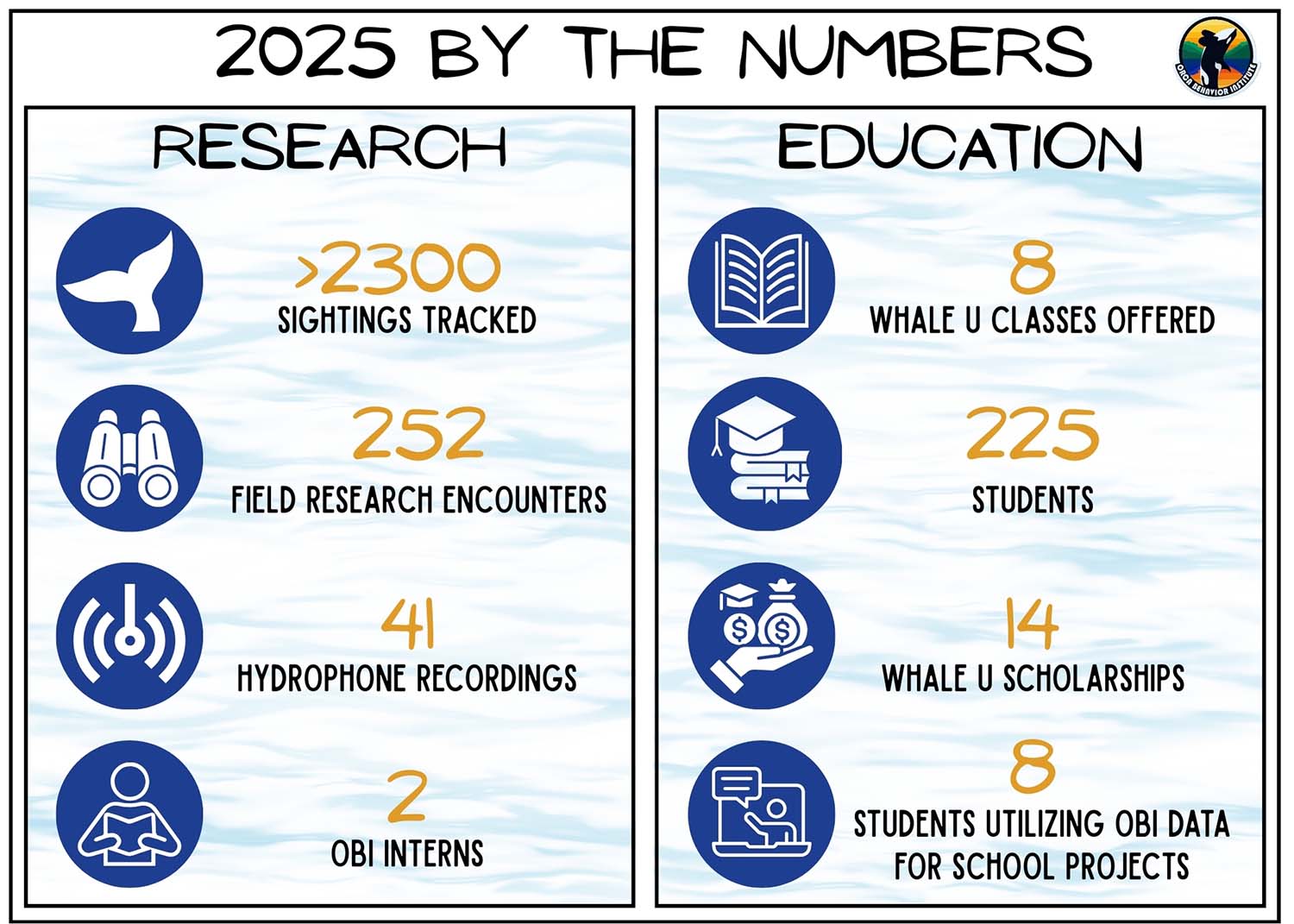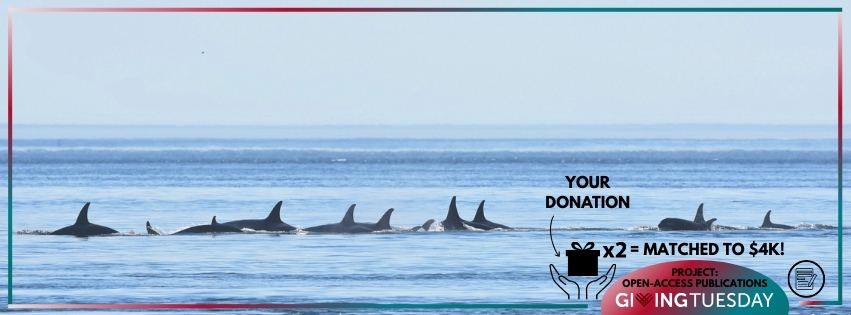Publication of a new study in the journal Marine Policy

We are pleased to announce the publication of a new study in the journal Marine Policy, "Commercial whale-watching reduces vessel incidents in the vicinity of killer whales in Washington State."
This study was undertaken in response to the new vessel regulations and commercial whale-watch licensing program that went into effect in January 2021, and is published alongside WDFW’s first biennial review of the rules.
We are concerned that the commercial whale-watch licensing program as written is actually a detriment to the endangered Southern Residents. Currently, whale-watching vessels have more stringent rules than private recreational vessels, and the result is that we actually see more speed and distance infractions near the whales as a result.
The study, based on data collection that occurred from May-October 2021, demonstrates that the mean number of rule infractions by private vessels drops from an estimated 6.60 per hour in the absence of commercial whale-watching vessels to 2.65 per hour when commercial whale-watch vessels are present. Whale-watch operators are professional drivers that demonstrate the correct speed and distance rules to other boaters. They also alert private vessels to the presence of the whales, sometimes just by being there but also by actively honking their horns or waving whale flags to get their attention before a violation occurs.
All vessels in Washington’s inland waters are required by law to stay more than 300 yards away from Southern Resident killer whales and reduce speed to less than 7 knots within ½ nautical mile of the whales. The licensing program, however, only allows commercial whale-watch vessels this viewing opportunity for four hours a day during July, August, and September. For the rest of the year, they are required to stay ½ nautical mile away from Southern Resident killer whales, a restriction that only applies to them.
This study provides the first peer-reviewed empirical evidence for the sentinel effect played by commercial whale-watching vessels, a key question that was debating during the development of the licensing rules. As required, WDFW is undergoing their first review of the effectiveness of the regulations now. This study was submitted in response to their call for new data, and the public survey on a review of the vessel regulations is open until September 30.
Read the full open access paper here: https://www.sciencedirect.com/.../pii/S0308597X22003372 And fill out the WDFW public survey here: https://publicinput.com/Q3553





